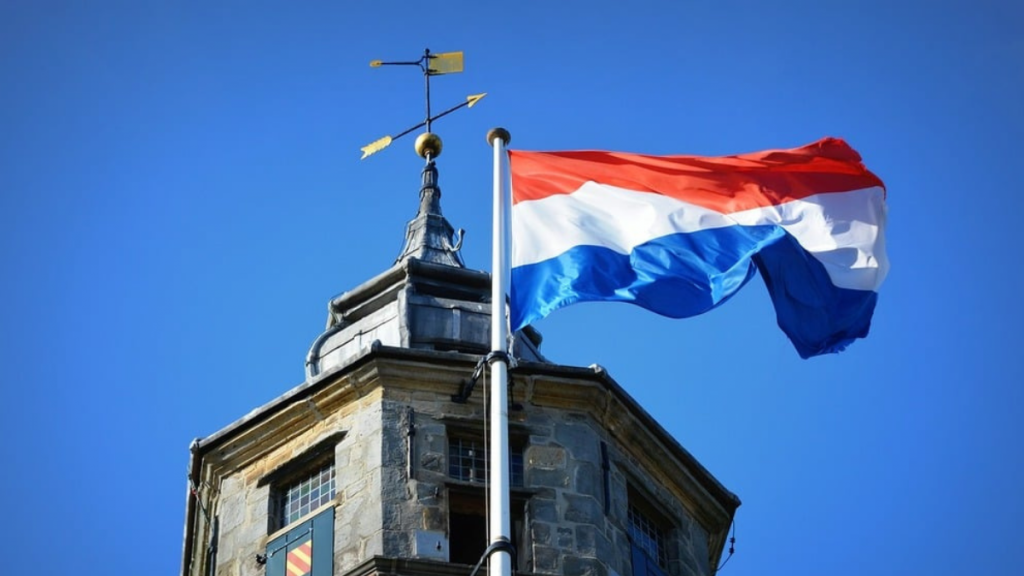On September 23, the Dutch House of Representatives blocked a motion that would have urged the Netherlands to push for abortion to be recognized as a “human right.”
The private member’s motion sought to have the Dutch government promote inclusion of abortion rights in both the EU’s Charter of Fundamental Rights and the International Covenant on Civil and Political Rights. Supporters of the resolution included the governing parties and several liberal and socialist factions, who together held 68 of the 150 seats in the House.
Opponents, including the SGP, the Christian Union, and Forum for Democracy, mounted a counter-motion calling on the government to resist efforts to elevate abortion into treaty-level rights. In addition to rejecting the main motion, they also opposed a separate proposal to classify “abortion care” as part of basic emergency assistance in the wake of sexual violence—but that proposal passed.
One success for the pro-life side came via an SGP motion concerning prenatal screening. In light of concerns from the U.N. Committee on the Rights of Persons with Disabilities about the use of non-invasive prenatal testing, the motion urged the government to consider how to address the “potentially stigmatizing effect” of prenatal screening. That motion passed with 76 votes.
Pro-life advocacy groups played an active role in the debate. Outside parliament, the Dutch Centre for Bio-Ethical Reform distributed informational materials and displayed images from abortion procedures to inform legislators. Irmgard Averesch of DCBR said they also mailed lawmakers neutral summaries of abortion processes to ensure they understood what was at stake. Speakers like Chris Stoffer and Gideon van Meijeren emphasized the humanity of unborn children and argued that abortion involves two lives. The vote represents a win for pro-life voices in the Netherlands.
